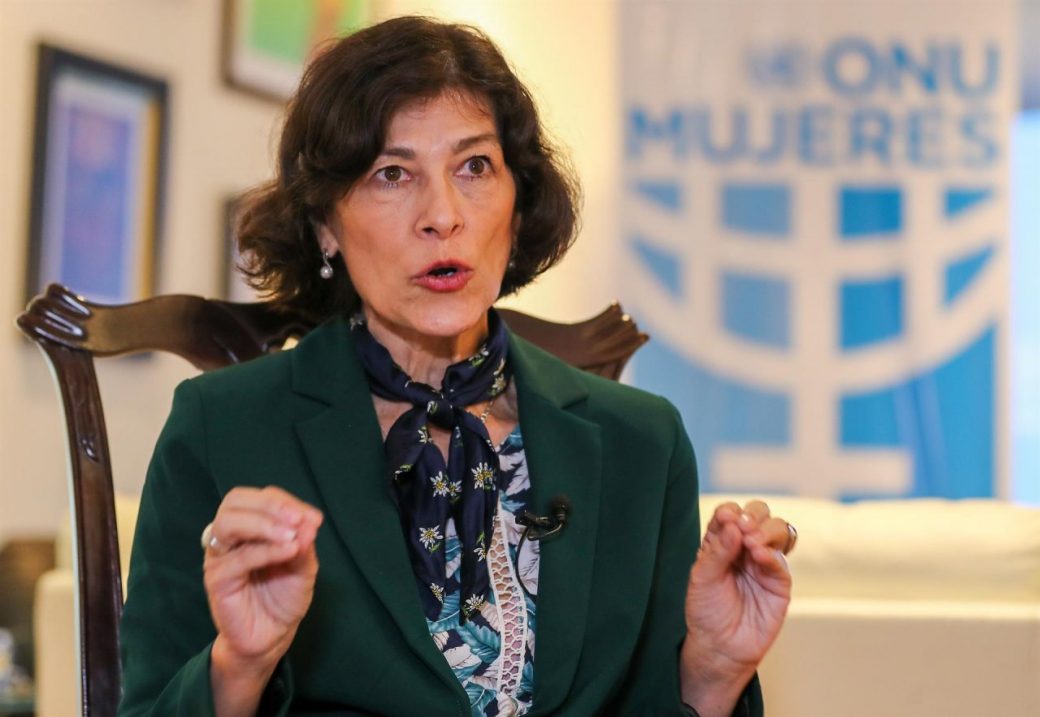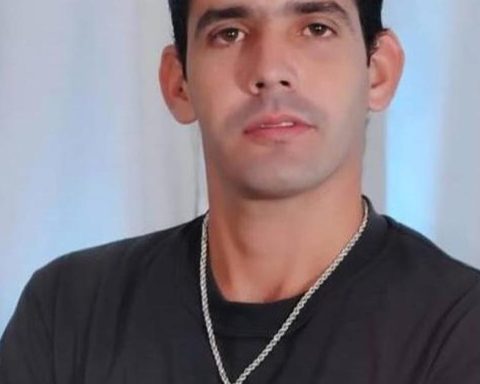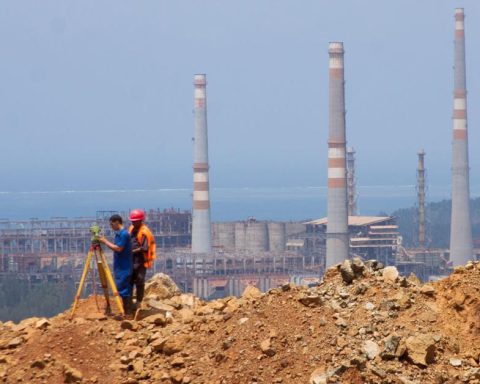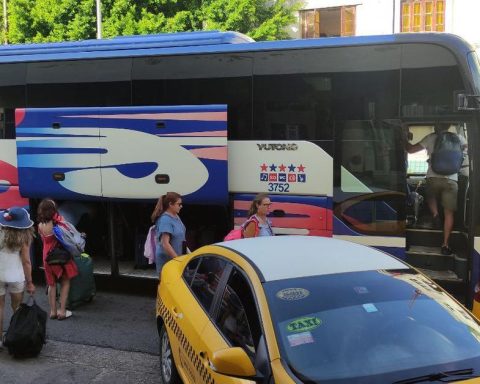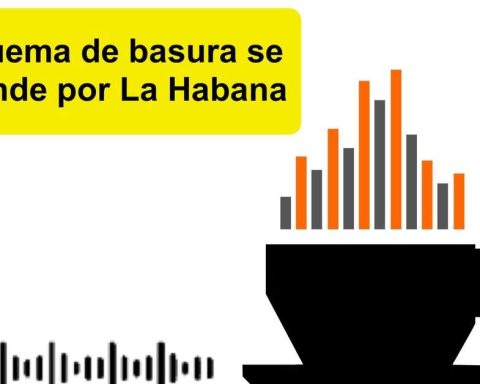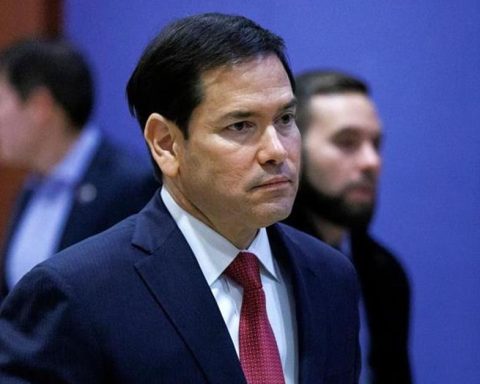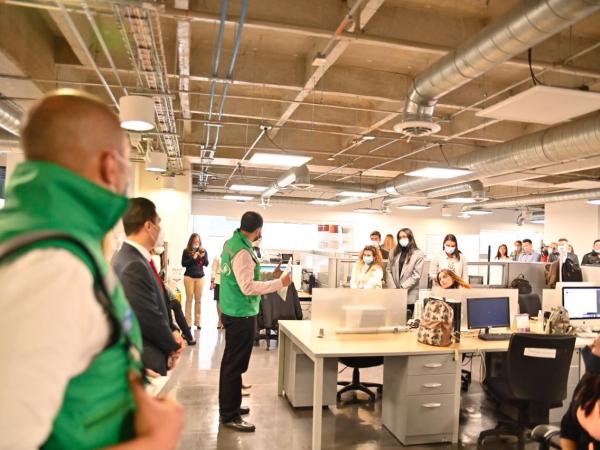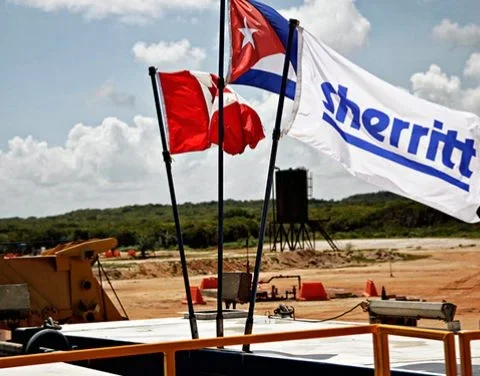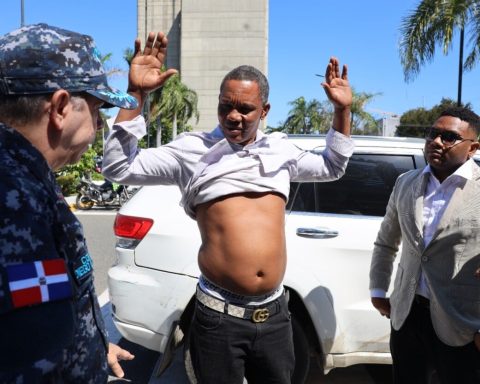The representative of UN Women in the country says that the shorter the terms, the more difficult it is for women to access this right.
The UN Women representative in Ecuador, Ana Elena Badilla, warned that the deadlines which foresees the rape abortion regulations recently approved by the National Assembly could limit that right in the country, which still requires presidential approval to enter into force.
“The solution (reached by the Legislature), which considerably reduces the number of weeks in which the interruption of pregnancy can be performed, may restrict the exercise of right«, Costa Rican Badilla stated in an interview with Efe, emphasizing that the deadlines “they are relatively short” in relation to the laws of other countries in the region.
The norm, which follows the decriminalization dictated in 2021 by the Constitutional Court, was approved by the National Assembly last month, and establishes that all raped woman can access the abortion within the first 12 weeks of gestation, and exceptionally up to 18 weeks in the case of girls, adolescents and indigenous and rural women.
Limited terms
The UN Women representative argued that international standards in cases of violation They do not indicate limits for the abortion in general and that both in the environment of the victim of violation As in the family, the voluntary interruption of pregnancy entails emotional effects that weigh on the decision.
For this reason, he valued that «the shorter the deadlinesthe more difficult it becomes to exercise that right«. “That is our concern,” she stated.
He recalled that the legislation responds to a constitutional decision and that President Guillermo Lasso, upon learning of the ruling, said that, despite not personally agreeing, he would respect the decision.
However, the conservative-leaning president recently announced that he intended to veto the textwhich has generated concern among women’s organizations that in themselves considered that it was reduced to a minimum expression.
“I believe that there is a very important expectation before the announcement made by (the president) of vetowhich we do not know if it will be total or partial,” Badilla rescued, for whom “it is important to remember that mandate of the Constitutional Court and that the authorities should comply with it.”
Pandemic and record of femicides
The UN entity for Gender Equality and the Empowerment of Women estimates that the consequences of COVID-19 pandemic which has lasted more than two years has increased by 40% the violence against women in the world.
“In the case of Ecuador we see it very clearly with the number of femicides in 2021. We have almost 200, which were not produced in previous years«, mentioned Badilla, in reference to the most violent year against women since there is data on a crime classified in 2014.
The consequences of pandemic we must also look for them in the economic impact of job loss, wage cuts and business closures, which particularly affected women, apart from the greater domestic and care burden.
All these factors were exacerbated in a continent and a country where pandemicaccording to Badilla, “what it did in terms of gender was to deepen the structural inequalities” that already women faced “in society in general and particularly in Ecuador”.
The women rural, in situations of extreme job insecurity and isolation, along with indigenous people and those in a situation of human mobility “are the most vulnerable groups” that appear as priorities in the ‘road map’ of the sustainable development goals (SDG) 2030, who should receive more information, access to services and empowerment.
UN Women proposes solutions to allocate resources to them in order to strengthen access to training processes and leadership, put into practice successful experiences such as the delivery of mobile devices or telephone lines, as well as promote productive initiatives and bio-enterprises.
Budget against sexist violence
The Ecuadorian Government has increased the budget in 2021 from 1.5 million dollars to 24 million to eradicate the sexist violencewhich Badilla valued as a “very important expression of political will” to combat this social scourge.
The funds will go mainly to the creation of Violet Centers for comprehensive care in all the provinces of the country.
However, the head of the United Nations body lacks resources for the Judiciary, which, she said, “has its own challenges” to “improve the classification of crimes, sanctions and greater speed”, given that numerous cases are prolonged in time and many remain in complete impunity. EFE
IT MAY INTEREST YOU:
Oil at more than $120 is unsustainable for Ecuador and the world
